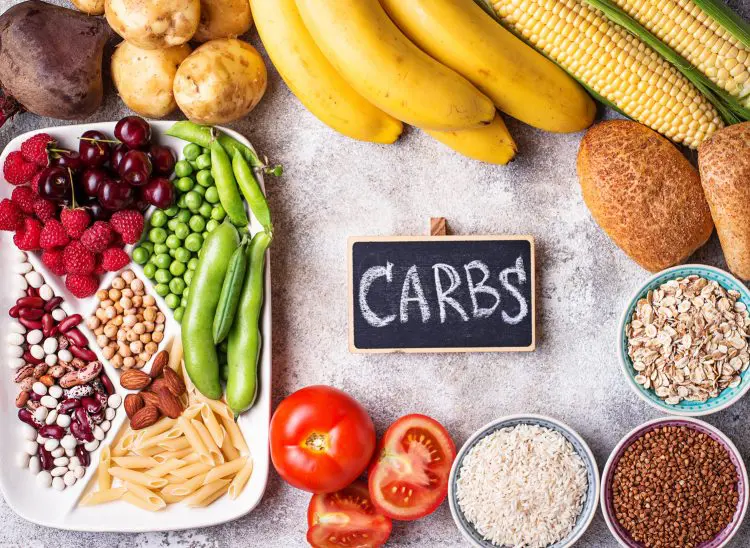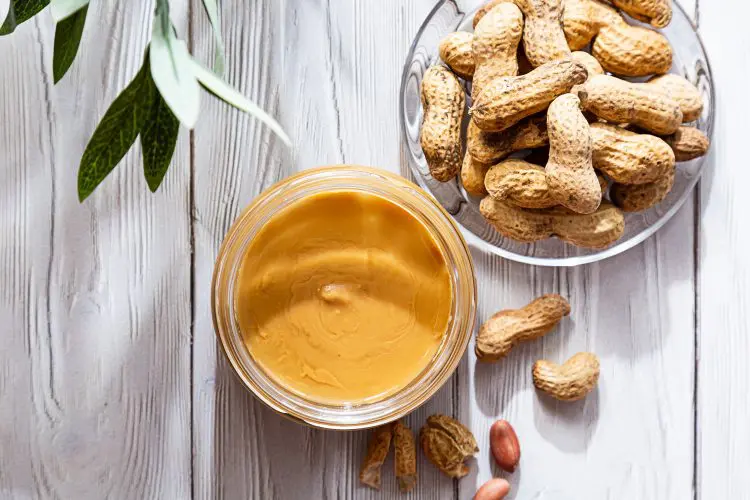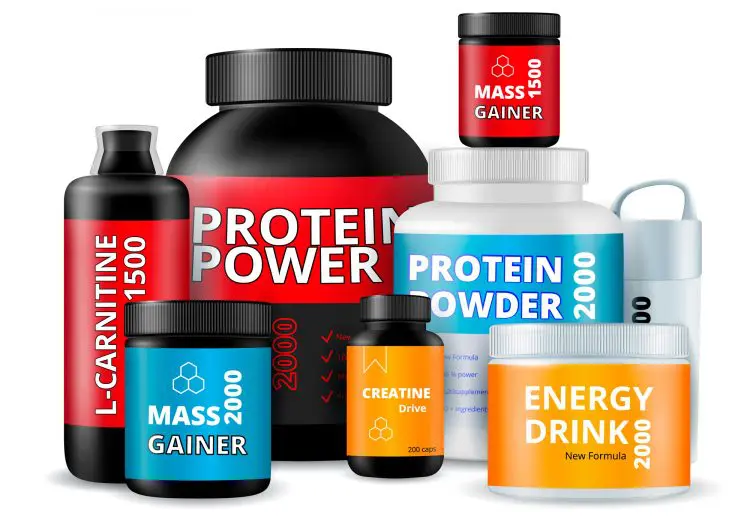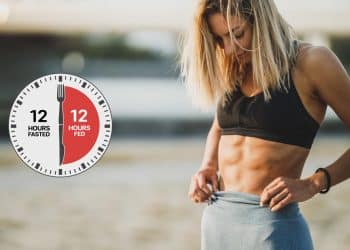No matter how hard you train in the gym, you will not see results until you fuel your muscles with the correct nutrients. Ask a pro bodybuilder about the most common question he gets asked about his fitness routine, and he will probably point you towards his diet.
Many people never begin their fitness journey because they are too worried about the dent it will make in their budgets. For these folks, bodybuilding is an expensive sport meant for rich people who can afford fancy supplements, gym memberships, and 6-7 protein-rich meals every day.
While these fitness-enthusiasts-from-a-distance are right about supplements, gym memberships, and frequent meals, they have got the budgeting wrong. The fitness lifestyle does not cost nearly as much as rookies think it does, and you will see it for yourself by the end of this article.
Whether you are in college, getting started at your new job, or want to save a few bucks by reducing your grocery bill, adding the food items given in this article to your shopping list will put you on the right path.
Two Most Common Excuses For Not Dieting

1. “I don’t have enough time.”
The lack of time excuse is a classic. Most people never start a physique transformation program because they think it will take up most of their day. While we don’t claim that designing and following a transformation plan takes up no time, most people overestimate the time commitment.
Level Up Your Fitness: Join our 💪 strong community in Fitness Volt Newsletter. Get daily inspiration, expert-backed workouts, nutrition tips, the latest in strength sports, and the support you need to reach your goals. Subscribe for free!
Talk to a non-lifter, and he will try to convince you that the gym lifestyle is only for fitness professionals. A person with a 9-5 can never build a ripped physique. Nothing could be farther away from the truth. If Jeff Bezos can find the time to train and eat right, we are sure you can figure it out too.
Also, you don’t have to prepare your food every day. You could prepare your meals for a week on a Sunday. Doing so will save you time and reduce your chances of feasting on junk food when you are starving.
2. “It’s too expensive to eat like a bodybuilder.”
One of the most common misconceptions about a bodybuilding diet is that you need a financial sponsor to maintain your daily nutrient goals. If done right, a bodybuilding diet will cost you nothing more than your everyday diet.
If you were to ask a rational individual if he would want to get in better shape without spending an extra penny on food, he would already be pressing you for a diet plan. We wonder what is keeping you from joining this elite group.
The Kitchen Essentials
After addressing the excuses, let us focus on putting the transformation wheels into motion. If you are looking to keep costs down, you will want to do most of the cooking in your kitchen.
The must-have kitchen equipment includes:
1. Microwave
If you are prepping your meals once a week, you would want to reheat them before eating. A microwave also comes in handy in cooking red/sweet potatoes that are a staple in a bodybuilding diet.
2. Rice Cooker
It is an electric pot that takes the guesswork out of cooking rice. If you have been around the fitness scene for some time, you would know a bodybuilder loves his rice – brown or white. A rice cooker will make your life easier, especially if rice is a part of most of your meals.
3. Slow Cooker
For people who love cooking food to perfection, a slow cooker is irreplaceable. A slow cooker will make you fall in love with good old chicken all over again.
4. George Foreman-Type Electric Grill
If you want to stick to a transformation diet, you better make your food finger-licking good. A George Foreman-type electric grill is great for cooking grilled chicken, tuna, turkey, or fish. The grill design allows for using fattier cuts of meat as the excess fat runs off while cooking.
Do The Homework
Before we get into the nitty-gritty of how much eating like a bodybuilder costs, we want you to figure out how much you spend on food and beverages every week. We don’t want a rough estimate. We want you to fire up the notes app on your phone and put down in detail exactly how much you shelled out for your food this past week.
Go on, do the dirty work, and we will wait for you right here.
Now that you have the numbers, let us move ahead.
Buy In Bulk
Since we are talking about eating like a pro bodybuilder on a budget, we will try keeping costs as low as possible. Forget your next-door grocery stores. You need to be making most of your food purchases from bulk-buy grocery stores like Costco or Sam’s Club. These stores offer products in larger value sizes and at reasonable prices.
Two Weeks of Macros
For people who want to see the numbers, here is a list of carb and protein foods you can get at your friendly neighborhood bulk-buy grocery store:
Budget-Friendly Carbohydrate Sources:
- 10 lbs instant oats: $8.00
- 43 lbs long-grain brown rice: $53.00
- 10 lbs red potatoes: $6.00
- 4 lbs sweet potatoes: $3.50
Budget-Friendly Protein Sources:
- 48 oz frozen tilapia filets: $13.00
- 20 lbs frozen boneless, skinless chicken breast: $48.00
- 2.5 lbs lean ground turkey or 7 dozen eggs: $14.00
Subtotal: $145.50
Note: the prices are for illustrative purposes. They might vary depending on the location of your preferred store.
But how long does this food last?
We are glad you asked. The $145.50 grocery will last you two whole weeks even if you eat like a bodybuilder training to put on muscle mass. That is a $72.75 weekly grocery bill. If you still think this is too high, we hate to break it to you, but you need to find a better-paying job.
While we have restricted the food items on this list to carbs and protein, you should add green vegetables and fruits like apples and bananas to your diet.
Tip: Find your daily energy expenditure and macronutrients.
Budget-Friendly Bodybuilding Diet Foods
We will be categorizing the budget bodybuilding foods into three sections: protein, carbohydrates, and fats. The list contains nutrient-dense food that will give you the most bang for your buck.
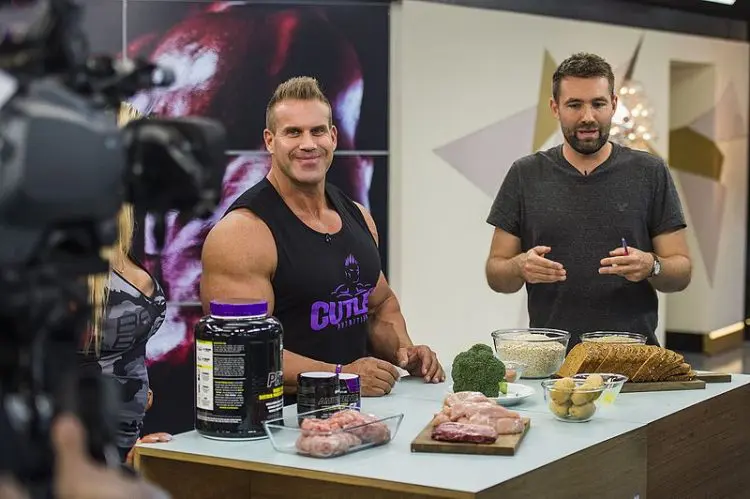
Budget-Friendly Protein Sources
1. Chicken
Chicken is the most budget-friendly and widely consumed source of meat in most countries. It also happens to be a staple bodybuilding food around the world. 100 grams of chicken contains 27 grams of protein.
2. Eggs / Eggs Whites
While chicken is the most budget-friendly source of meat, eggs are the most pocket-friendly source of protein. One large egg delivers six grams of protein. Eggs deliver convenience and a bang for the buck in a small package.
Level Up Your Fitness: Join our 💪 strong community in Fitness Volt Newsletter. Get daily inspiration, expert-backed workouts, nutrition tips, the latest in strength sports, and the support you need to reach your goals. Subscribe for free!
Eggs are also rich in micronutrients such as vitamin A, D, E, lutein, zeaxanthin, and choline. Learn more about Eggs here.
3. Ground Turkey
If MasterChef is your favorite TV show, ground turkey is the protein-rich food that should be on your grocery list. You could choose from lean or extra lean versions to keep fat content to a minimum. Ground turkey delivers the same amount of protein per gram as chicken.
4. Cottage Cheese
100-grams of cottage cheese contains 12 grams of protein. It is a quality source of protein that doesn’t break the bank. Cottage cheese comes in full, low, fat-free varieties.
5. Canned Tuna
Canned tuna contains zero carbs or fats and packs a solid punch of protein. A 100-gram tuna can contains 30 grams of protein. Although tuna provides a high amount of protein, you should limit its consumption to no more than twice per week due to the risk of excessive mercury intake.
6. Milk
Milk provides eight grams of protein per cup. You could choose from skim, low fat, or fat-free varieties depending on your goal. A glass of milk can be a convenient way of bumping up your daily protein intake.
Budget-Friendly Carbohydrate Sources
1. Potatoes
You can buy potatoes in large bags for low prices at bulk-buy grocery stores. A large potato provides 64 grams of carbs, 7 grams of protein, and zero fat.
2. Whole Wheat Bread
Whole wheat bread should replace any other loaves of bread in your cupboards. A couple of slices of whole wheat bread deliver around 40 grams of carbs, 10 grams of protein, and 6 grams of fiber.
3. Vegetables
A well-rounded muscle-building diet needs to have at least a couple of servings of vegetables and fruits each day as they are rich in vitamins, minerals, and fiber.
4. Fruits
Frozen fruits are a great option for people on a budget. They are usually cheaper than fresh ones and can be used in protein shakes or topping for yogurt, cereal, and oatmeal.
5. Rice
Because of its pocket-friendly price and easy accessibility, rice is a staple food for more than half of the world’s population – including pro bodybuilders.
6. Beans
100 grams of beans provide 40 grams of carbs, 15 grams of protein, and 15 grams of fiber. Pinto beans, black beans, garbanzo beans, and navy beans are great options for a budget-constrained bodybuilding diet. They are rich in nutrients like folate, iron, magnesium, calcium, copper, phosphorous, potassium, and zinc.
7. Lentils
A cup of lentils contains 40 grams of carbs and 18 grams of protein. It makes them a great budget-friendly and quality source of both protein and carbs.
8. Pasta
For people who want a calorie-dense food source to spike their daily carbs intake, pasta is a great option. 100 grams of uncooked whole wheat pasta gives you 75 grams of carbs, 15 grams of protein, and 8 grams of fiber.
9. Oats
Oats are a must on every tight-budget diet plan. They are rich in fiber, vitamins, minerals and are a decent source of protein. A cup of dry oats contains 104 grams of carbs, 26 grams of protein, and 10 grams of fat.
Budget-Friendly Fat Sources
1. Peanut Butter
Due to the convenience, high polyunsaturated fat content, and a decent dose of protein, peanut butter has become a staple in bodybuilding diets. One tablespoon of peanut butter contains 8 grams of healthy fat and 5 grams of protein.
2. Almonds
Almonds are healthy, fat abundant, and calorie-dense. Since you will be eating small qualities, purchasing almonds in bulk will lower the cost per serving.
3. Olive Oil
You cannot go wrong with olive oil if you want to optimize your fat intake. Olive oil is rich in oleic acid, a monounsaturated fat that reduces inflammation, improves cholesterol levels, and decreases the risk of cardiovascular disease.
Supplements
Every serious bodybuilder has at least one sports nutrition supplement in his diet. Bodybuilding supplements can make your life easier by helping you achieve your daily macro requirements.
While supplements can make things convenient, you shouldn’t be overly reliant on them as they can’t replace nutrient-dense whole foods in your diet.
1. Whey Protein
You don’t have to buy the most expensive whey protein to get the best results. We have put together a detailed guide to help you choose the right whey protein supplement for yourself.
Check Out: Awesome Whey Protein Powders Reviewed for 2023
2. Creatine Monohydrate
Creatine monohydrate is one of the most researched bodybuilding supplements. It is a safe, proven muscle builder that is relatively inexpensive. A beginner does not need anything more than a whey protein and creatine monohydrate supplement.
Also Read: Best Creatine Supplements (Updated 2021)
What Not To Do While Eating On A Budget
1. Booze
Empty calories are your arch-enemy if you are following a transformation program. Alcohol consumption puts your body in a fat-saving mode and starts burning your muscle tissues as a source of fuel. Also, cheap sugar-laden calorie sources like sodas and candies are a big no.
2. Eating Out
Not only does eating out derail your budget, but it can also put you under peer pressure to eat junk food when you go out with friends or family. Cheat meals? They are off-limits too.
3. Trying Out Too Many Things
Every year, newly launched “revolutionary” bodybuilding products promise extraordinary results. Stay clear of these fads, stick to the basics and work hard. Results will follow.
Conclusion
Usually, it is not the money that turns people off from eating like a bodybuilder, but rather the investment of time that grocery shopping and prepping meals require.
We have made your life easier by pointing out a) what you need to buy, b) how much you need to buy, and c) from where you need to buy it. All we ask from you in return is that you commit to eating like a pro bodybuilder.




